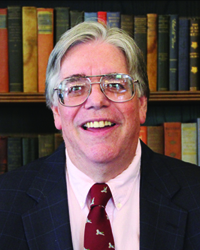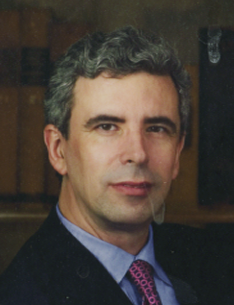|
|
Jay Gitlin received his BA and PhD at Yale. His work focuses on the history of the French in the Mississippi Valley and the Great Lakes. He is currently working on The Rise and Fall of Modern Shopping. The Bourgeois Frontier: French Towns, French Traders & American Expansion was published in 2010 by Yale University Press and won the 2010 Alf Andrew Heggoy Prize for the best book in French colonial history from the French Colonial Historical Society. He has published numerous articles and contributed chapters to the Oxford History of the American West (Oxford, 1994) and The Louisiana Purchase and the Emergence of the American Empire (Congressional Quarterly, 2003). He is also co-editor and co-author of Under an Open Sky: Rethinking America’s Western Past (W.W. Norton, 1992). |
|
|
Adam Van Doren is author, artist and filmmaker. He teaches an art seminar for many years at Yale, which integrates painting skills with historical precedent. He has taught painting workshops to Davenport students, especially during Covid; and he has presented several College Teas on various topics, including ones on The New Yorker cartoonists with Prof. Gitlin. His work is included in the collections of The Yale University Art Gallery, The Beinecke Rare Book and Manuscript Library, The Wadsworth Atheneum, and The Museum of Fine Arts, Boston, among other collections. Adam has been a Visiting Artist at the American Academy in Rome, and has exhibited at the National Portrait Gallery in Washington, D.C., among other institutions. He is the author of An Artist in Venice, The Stones of Yale, The House Tells the Story: Homes of the American Presidents, and In the Founders’ Footsteps: Landmarks of the American Revolution. Adam enjoys exhibiting his students’ work each semester at the Davenport Gallery, and spending time sharing conversation at the Dport dining hall, and at the Elizabethan Club on campus. |


